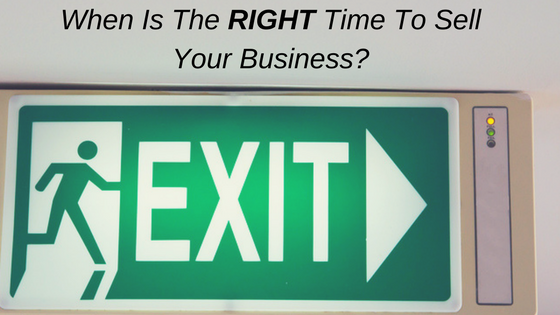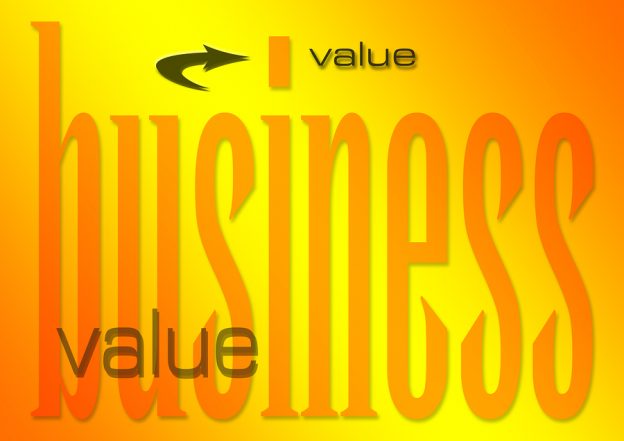Every business owner considers the question eventually: Is it time to sell my business?
Here’s the bad news: there’s no formula to generate the definitive answer to this question. Each business is different; each owner is different, and there are infinite landscapes and circumstances.
EMOTION VS. LOGIC
Ultimately, both logic and emotion drive these decisions, so think it through from both perspectives.
ARE YOU EMOTIONALLY READY TO MOVE ON?
Let’s consider emotions first, because that’s doubtless what got you into the business in the first place. It’s nearly impossible to found and build a business without passion. Passion is the fuel that allows you to dedicate long days, seven-day work weeks, and marginal material rewards to create a business from the ground up.
Is the passion still there? If you’re not feeling the passion anymore, perhaps the business has shifted from your original vision; your role in it has changed; the challenges it offers have changed; or you’re just plain tired.
Some people thrive on the bootstraps-pulling growth part of the process, and feel stagnant when stability is reached. Established companies usually swap the high-thrills, high-stakes growth phase for a set of more mundane problems, like mastering HR and administration.
Have a frank dialogue with yourself–do you still have the passion? If not, it may be time to sell, or to strategize how to re-craft your role in the business to reignite your passion.
If you’re attracting interest from buyers, you’ve got to recognize that circumstances change and the window is bound to close. Ask yourself whether you are emotionally prepared to wait for the next window to open if you miss this one.
LOGICAL FACTORS TO CONSIDER
Once you embrace the possibility of selling, how can you be sure you’re selling at the right time? You can’t. Just like with selling a house or a car, you never know if there’s another buyer around the corner with deeper pockets than the one you’ve got. You’ve got to evaluate the deal on its own merits, and not let a bunch of “what if”s torture you.
The ideal time to sell is when multiple buyers are eager, raising the potential price. This depends on a constellation of coordinated circumstances: Robust market conditions for your segment, yielding strong investor confidence; a recent history of financial improvement, both in earnings and revenues; strong evidence that earnings and revenues will increase. If your business is in this enviable catbird seat, you can’t ask for a better time to sell.
Are your skills still valuable for the business? Often a young company demands a different set of skills than a mature one. If it’s clear that your leadership (and passion) are better suited for a young company, consider moving on to or creating one.
Is the market shifting dramatically? It might be time to get out. Taxi companies facing Uber, movie rentals facing Netflix, waterfront properties facing rising sea levels–all these enterprises face a ticking clock.
Does the company need money to grow? Are you willing to take on financing in exchange for a seriously altered role? It can be a profound mental shift to swap your role as captain of the ship to one of many mates making it run. If you aren’t willing to hand over at least some of the reins in exchange for investment, selling is a better option.
DECISION TO SELL IS A BALANCING ACT
It’s one of life’s great ironies that the better the business is doing, the better the time is to sell: the worse the business is doing, the more motivated you are to sell but the harder it is to find good buyers. Evaluating the right time to sell is a tight-rope walk between these two extremes.
Call us today for a complimentary consultation and check-out some of the recent businesses we’ve sold.





